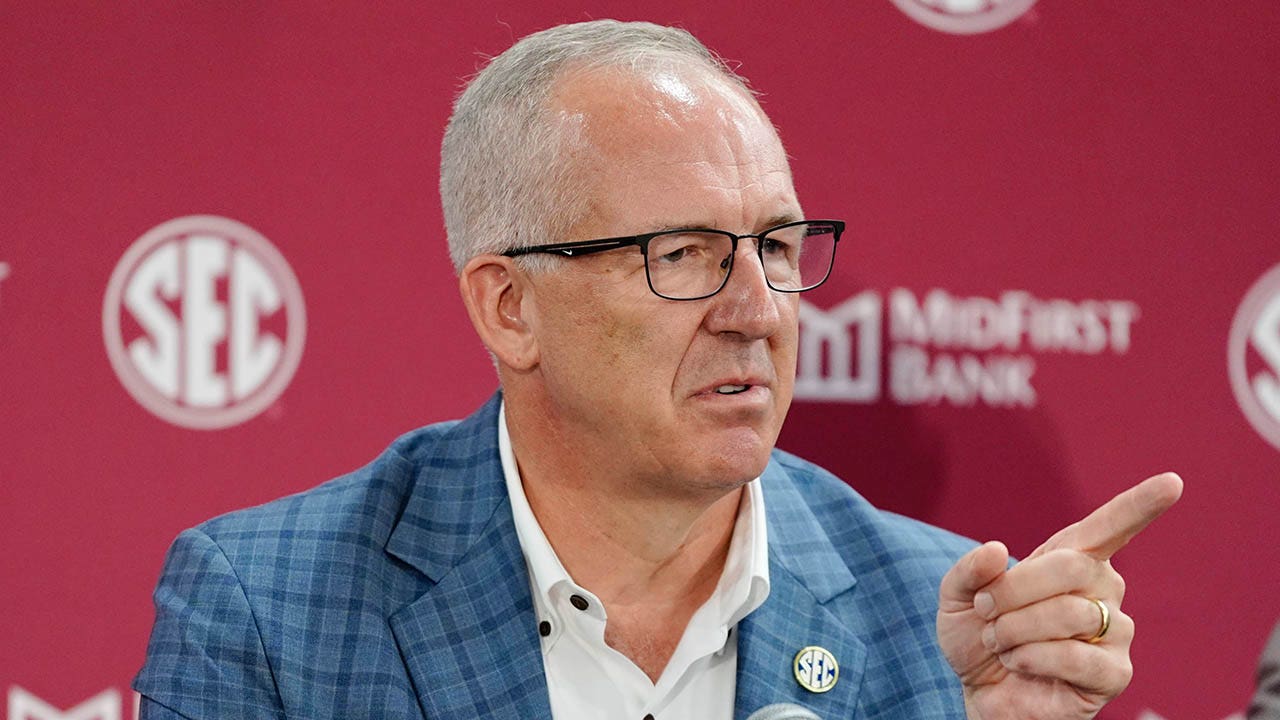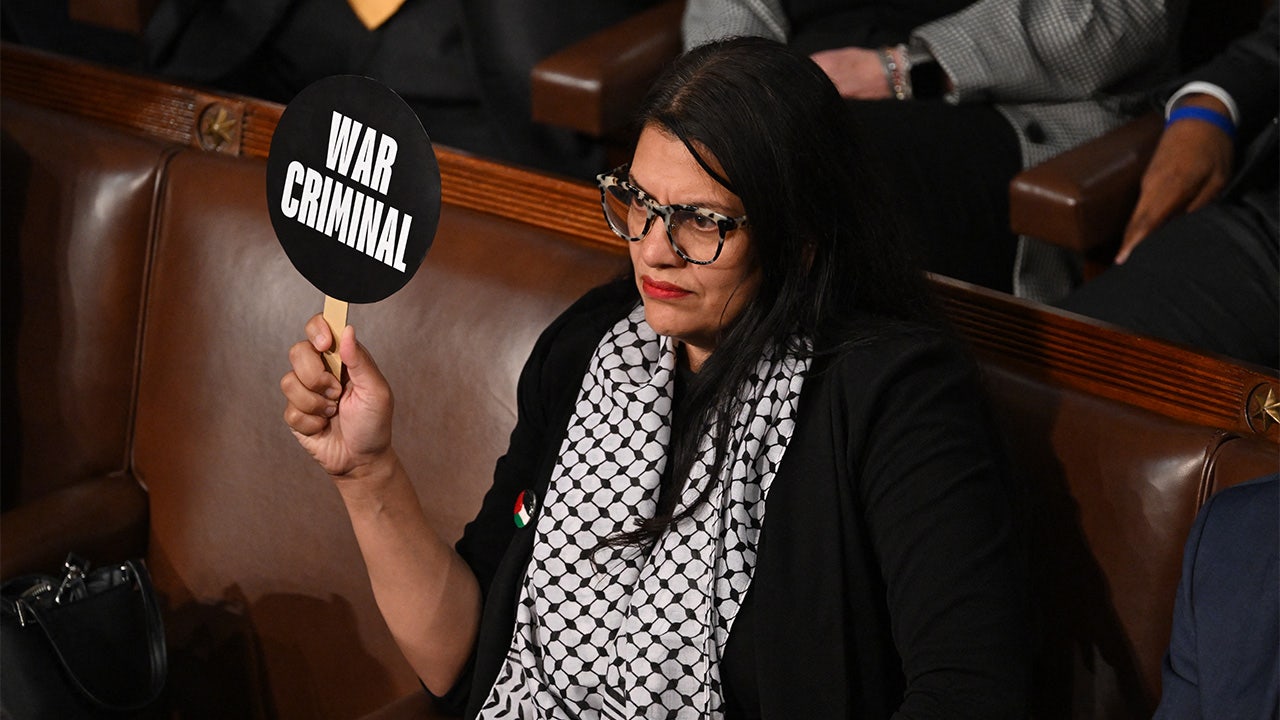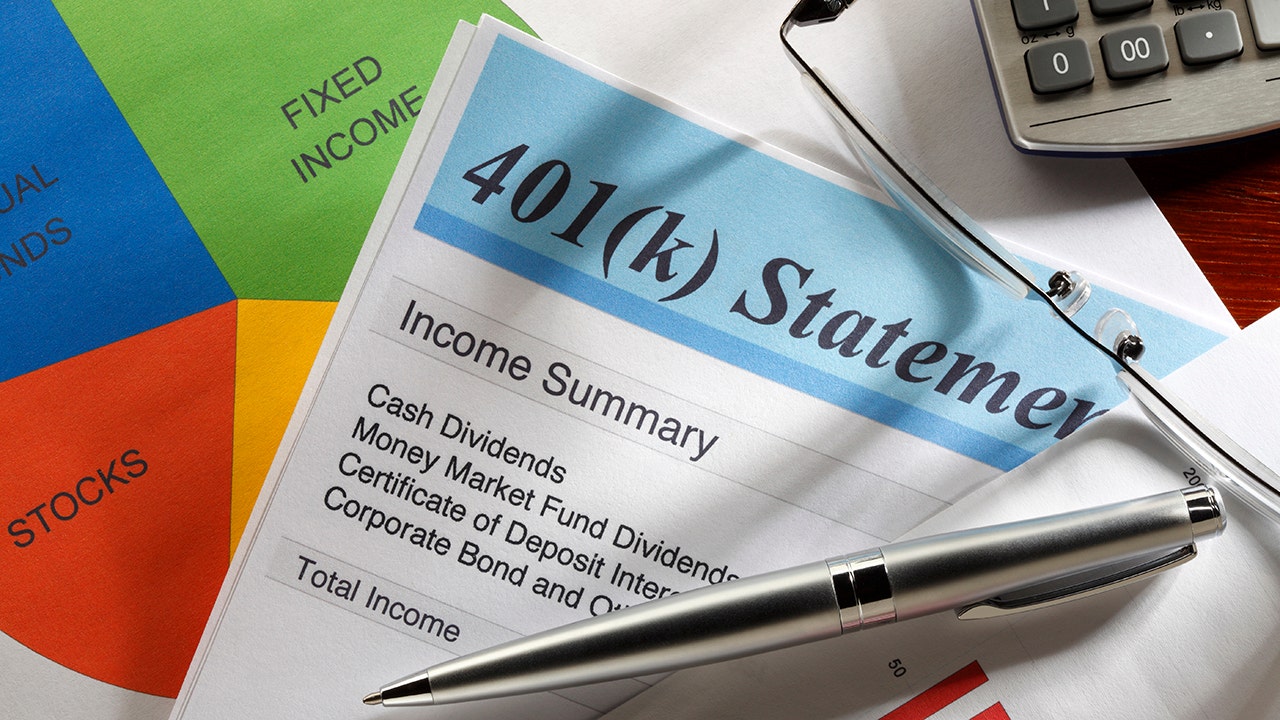With the economy top-of-mind for voters heading to the polls, one finance expert is sounding the alarm about Vice President Kamala Harris’ “lack of conversation” surrounding international economic theory.
“There is a potential red flag there with Harris’s lack of conversation surrounding tariffs and really confronting China head on,” “What Should I Do With My Money?” author Bryan Kuderna told Fox News Digital.
“She has been so quiet on any international economic theory, whether that’s to have tariffs, not to have tariffs, how we’re going to move forward the next four years in comparison to the other superpower, China, kind of the elephant in the room. She’s been very, very quiet on this.”
KAMALA HARRIS’ ECONOMIC PLAN: 5 TIMES THE VP DODGED QUESTIONS ON AMERICA’S ECONOMY
Harris has largely focused her economic platform on domestic issues and supporting America families through proposed credits and incentives. She has also touted policies which would make the rich “pay their fair share in taxes.”
Kuderna, however, warned if Harris is elected and her economic policy goes into place, it could leave America vulnerable on the world stage.
“If we step back and say, well, let’s just kind of see how things unfold. Let’s focus on America and helping young professionals, helping first-time homebuyers, things of this nature, that’s all well and good. But meanwhile, if that allows China and their economy to really become a bit more dominant, that can have long-term consequences to our global standing as No. 1.”
Chief economist at the International Center for Law & Economics, Brian Albrecht, conceded it is “a bit concerning that Harris has not brought out a more concrete plan about what she would do related to tariffs, international trade and immigration and things like that. But she’s in a hard spot. She needs to defend an administration which kept in basically every tariff that Trump put in.”
Although the Biden-Harris administration has kept many Trump-era tariffs in place, the vice president has hit her contenders’ tariff proposals hard on the campaign trail, even accusing him of “selling us out” during the September ABC News Presidential Debate.
While Harris has distanced herself from tariffs, both Kuderna and Albrecht argue it is reasonable to assume she will be a “continuation” of Biden’s approach to foreign trade relations with China and other nations.
‘WORLD’S MOST ACCURATE ECONOMIST’ MAKES BOLD PREDICTION FOR 2024 ELECTION
Conversely, former President Trump’s economic agenda has a strong international focus aimed at competing against China, while also calling for lowering taxes and cutting regulation domestically.
Kuderna summarized Trump’s vision as one where the administration would “help domestically by cutting regulation, by lowering taxes, letting the American people and American corporations lead the way on their own by getting out of their way, and then as the U.S. government, we’re going to go abroad and make sure that we can keep China in check and then work on Iran, the Middle East, Russia, Ukraine, all these other little fires that have been expanding.”
The Tax Foundation noted Trump’s plan includes imposing a universal tariff on all U.S. imports of 20%, raising Section 301 tariffs on China to 60% and levying a 10% foreign retaliation tariff on U.S. exports to China.
Albrecht warned Trump’s increased emphasis on tariffs is a “major concern” for consumers and U.S. manufacturing.
“We know from economic research that that cost is ultimately borne by consumers but also affects U.S. manufacturing. So, in the name of protecting U.S. manufacturing from competition with China, you’re actually hurting U.S. manufacturing,” the chief economist argued.
Trump has been very bold about using tariffs as a means to compete on the world stage and as a tax revenue source.
Albrecht argued the problem with Trump’s plan is “the math just doesn’t add up.”
“There’s not enough imported goods to make that work versus every dollar that people make in income. And if you would try to do that, you’d basically shut down international trade.”
HOW MUCH WOULD THE HARRIS AND TRUMP ECONOMIC PLANS ADD TO THE DEBT?
It’s unclear if Trump’s tariffs will be implemented or used as a negotiating tactic. However, if the tariffs are implemented, they would raise between $2 trillion and $4.3 trillion in tax revenue over a decade, according to the Committee for a Responsible Federal Budget’s analysis.
“We always hope for a bigger, better economy and that we can tax everybody less as they grow, grow, grow and then make the rest of the world pay for it. That all sounds good, but in practicality, there would be some short-term pain to maybe get to that long-term gain,” Kuderna reasoned.
“Would that revenue from international tariffs offset any loss in tax revenue that we have domestically? That’s very hard to quantify, but it likely wouldn’t happen immediately, and that’s the concern is are we just going to add to our national debt,” he continued.
Both candidates’ proposed economic agendas are expected to substantially add to the U.S. national debt.
The CRFB calculated Trump’s plan could add roughly $8 trillion to the debt by 2035 compared to roughly $4 trillion under Harris.
While both candidates recognize the significance of the economy, Trump retains a narrow lead over Harris according to national polls. A recent survey from Reuters/Ipsos found Trump sits at 45% support on the economy, compared to Harris’ 40%.
“It’s clear to everyone that the economy is a major concern. Where we disagree is kind of what that means in practice and what to do about it going forward,” Albrecht said.
FOX Business’ Kayla Bailey and Eric Revell and Fox News’ Anders Hagstrom contributed to this report.












